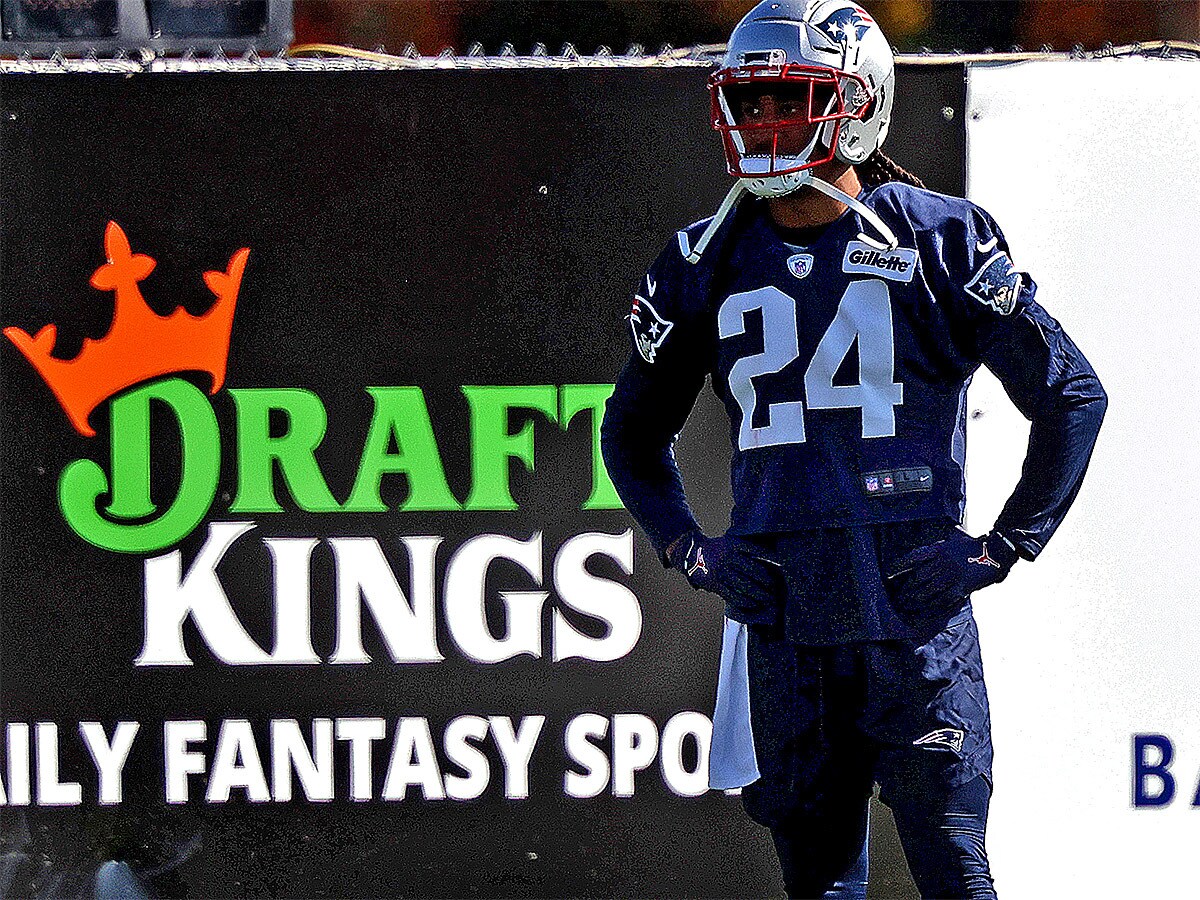DraftKings’ [DKNG] share price was up 29.4% so far in 2021 (through 24 February’s close), having grown 262.2% in the last 12 months. The headline story for the stock in 2020 was its reverse merger with special-purpose acquisition company (SPAC) Diamond Eagle Acquisition Corp and gaming technology firm SBTech, which took the company public on 24 April.
Since its market debut, DraftKings’ share price has grown 211.5%, as of 24 February’s close. However, the stock had recently fallen 9.14% since hitting an intraday high of $64.78 on 8 February (its all-time closing high was $63.87 on 5 February).
DraftKings is due to announce its fourth quarter earnings results before markets open on 26 February. Zacks Equity Research is expecting a 73.5% jump in sales to $230.55m, with a consensus earnings estimate of -$0.57 per share, implying a 41.8% reduction in losses from the previous quarter.
Indeed, DraftKings losses of -$0.98 per share in its third quarter results were 55.6% worse than analysts had expected, although sales of $132.84m for the quarter were slightly higher than had been forecast. However, the impact of the earnings miss on DraftKings’ share price was minimal, as it rose 3.9% on the day of the announcement (13 November).
Betting on ETFs
There are plenty of tailwinds for DraftKings as it enters a rapid growth phase. According to the American Gaming Association, the size of the US’ illegal sports betting market was estimated in 2018 to be $150bn, as reported by TipRanks.
However, as more states license online sports betting, the industry is seeing a shift in sentiment. Virginia, for example, legalised online gaming in January and quickly issued DraftKings with a license to operate in the state. International expansion provides additional space for DraftKings’ business to expand into — the company partnered with Peermont Hotels to launch PalaceBet in South Africa in October 2020.
Given its expansion efforts, investors may look towards sports betting-focused SPACs. Two funds that hold DraftKings are the Roundhill Sports Betting and iGaming ETF [BETZ] and the VanEck Vectors Gaming ETF [BJK], which have weightings of 4.5% and 7.2%, respectively, as of 24 February.
The Roundhill Sports Betting and iGaming ETF has gained 22% in 2021 so far (through 24 February), driven partly by a surge from one of its top holdings PointsBet Holdings [PBH.AX], which jumped 30.8% in the year to date. The VanEck Vectors Gaming ETF has grown 16% during the same period.
SPAC space taking off
Last year was record-breaking for SPACs taking companies public, and DraftKings was one of the most successful ventures in the space, with expectations that the trend will continue in 2021. Investors seeking exposure to the high-growth potential of SPAC-merged companies like DraftKings could gain it via ETFs.
DraftKings was the top holding in the 1Defiance Next Gen SPAC Derived ETF [SPAK], constituting 9.8% of the fund’s value as of 24 February. The fund also holds other companies that, like DraftKings, have successfully gone public through SPACs, such as real-estate platform Opendoor Technologies [OPEN] and scientific analytics provider Clarivate [CLVT], as well as “blank-cheque” companies like Churchill Capital Corp IV [CCIV] and Pershing Square Tontine Holdings [PSTH]. The 1Defiance Next Gen SPAC Derived ETF has grown 10.4% year-to-date, as of 24 February.
Gambling on DraftKings
Of 28 investment analysts polled by CNN Money, the consensus was to buy DraftKings stock, with 18 giving it this rating. Of the remainder, one rated DraftKings outperform, eight hold and one a sell.
Stephen Grambling, vice president and head of US gaming at Goldman Sachs, upgraded his DraftKings rating from neutral to buy in January. He explained in a note that the upgrade was “based on their sustained market-leading position in key states, ability to participate in the economics of single operator states, and presence of national contracts which will allow [DraftKings] to achieve scale sooner than the broader peer group”.
Grambling raised his price target for DraftKings from $45 to $65, putting his price just above the median target of $64 from 25 analysts polled by CNN Money. The price target of $64 represented a 102.4% climbed from its 24 February close.
Disclaimer Past performance is not a reliable indicator of future results.
CMC Markets is an execution-only service provider. The material (whether or not it states any opinions) is for general information purposes only, and does not take into account your personal circumstances or objectives. Nothing in this material is (or should be considered to be) financial, investment or other advice on which reliance should be placed. No opinion given in the material constitutes a recommendation by CMC Markets or the author that any particular investment, security, transaction or investment strategy is suitable for any specific person.
The material has not been prepared in accordance with legal requirements designed to promote the independence of investment research. Although we are not specifically prevented from dealing before providing this material, we do not seek to take advantage of the material prior to its dissemination.
CMC Markets does not endorse or offer opinion on the trading strategies used by the author. Their trading strategies do not guarantee any return and CMC Markets shall not be held responsible for any loss that you may incur, either directly or indirectly, arising from any investment based on any information contained herein.
*Tax treatment depends on individual circumstances and can change or may differ in a jurisdiction other than the UK.
Continue reading for FREE
- Includes free newsletter updates, unsubscribe anytime. Privacy policy





